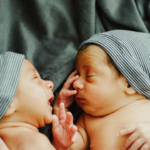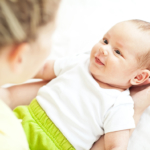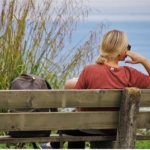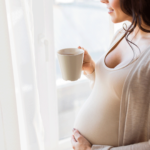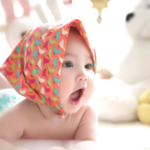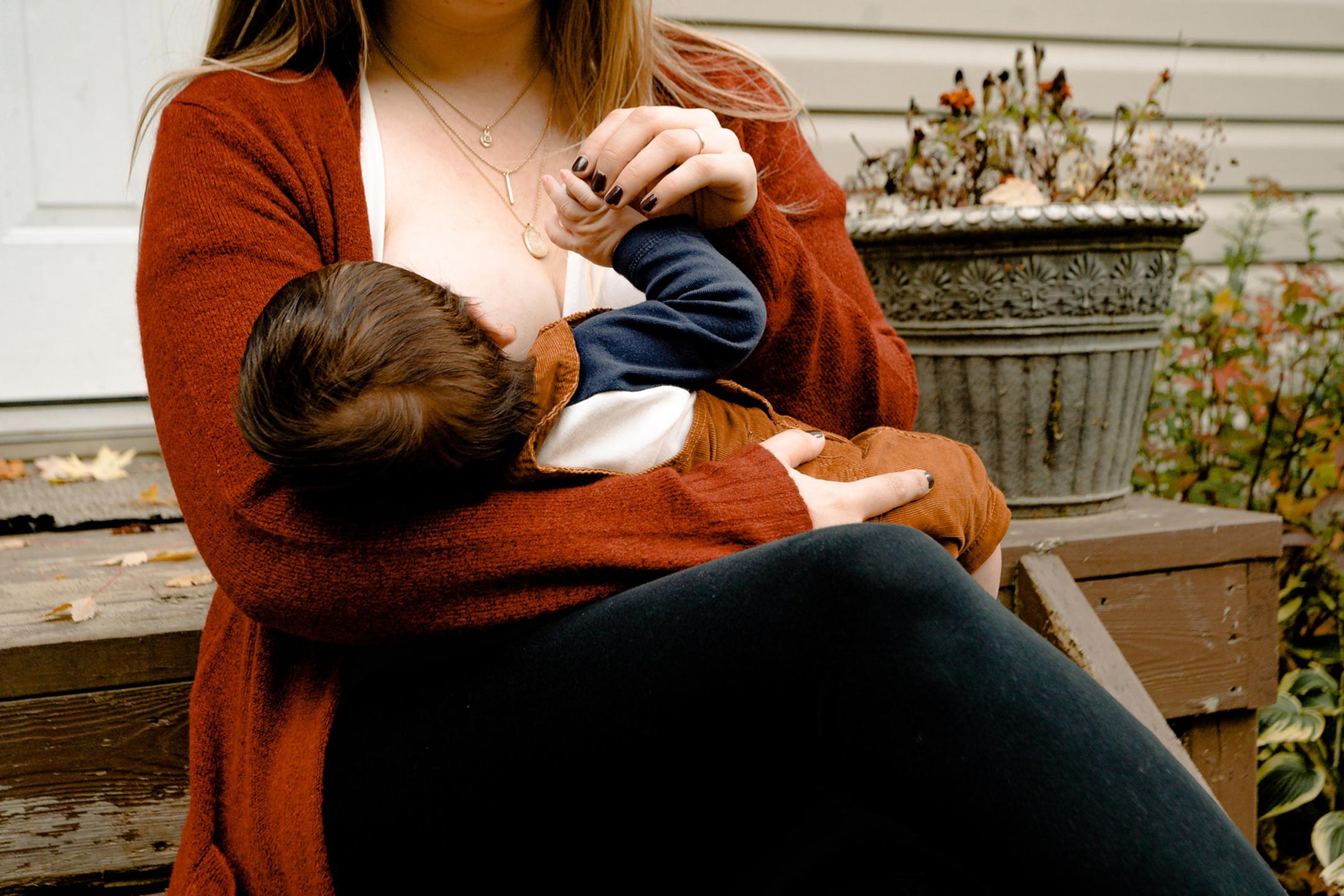
07 May Even the experts can find breastfeeding a challenge!
Natasha Lunn, an Australian International Board Certified Lactation Consultant and Medela support partner – shares her personal breastfeeding challenge to help appease other mothers and encourage them to stay healthy and calm during the Coronavirus pandemic
As if the stress of having a new baby isn’t enough, we now find ourselves un-nerved about the Coronavirus too!
My job is to help breastfeeding mums look after their mental and physical wellbeing. I hear first-hand daily mothers telling me “this is really hard” and “I’m worried about how my baby and I could be affected by COVID-19”.
The fact is, yes, breastfeeding can be a difficult journey for many mums. It certainly was for me. But now we’re also dealing with this health pandemic as well. It is a stressful time. That’s why I wanted to share my personal story, detailing some of my own challenges when I was a new mum because I want mums to be reassured they are doing a great job. I also have some practical advice on ways mums can stay positive and calm during the Coronavirus.
How my own challenges with breastfeeding shaped the way I help mums today
As a little girl, I pictured myself as the Madonna with baby at her breast. I was going to be that kind of mother – breastfeeding publicly, a wistful look in my eye, relaxed, serene, in love. But life had different plans. My first baby boy, born nearly 10 years ago, was severely tongue-tied. I remember the IBCLC in the hospital saying to me, “you will never get him to latch with a tongue like that.”
We promptly turned to a dummy to ‘calm’ my starving baby, within five months, my first physically and emotionally exhausting breastfeeding journey ended.
Looking back, I wish I knew what I do now. What a difference a breast pump, nipple shields, support and information would have made.
It was this difficult experience which prompted me to become a breastfeeding counsellor and later an IBCLC – ensuring other mums didn’t go through what I had to.
Another two years later and my daughter was born. By this time, I had joined the Australian Breastfeeding Association (ABA) and had more knowledge and a support network of counsellor friends, but I still faced a tough start to my second breastfeeding experience. My daughter was born late preterm – a tiny 2.5kg. I was exhausted from four weeks in hospital and I could barely stay awake to finish a sentence, let alone an hour on the couch breastfeeding.
She was slow to gain weight – and bonding was difficult.
I was also anxious about returning to work to manage financial pressures – and worried about being unable to pump because of my first ‘failed’ experience with my son – but I also didn’t want to top up with formula. I was heading towards a rapid spiral of postnatal depression (PND).
But it was eventually a long bath with my baby that was the turning point to getting our breastfeeding back on track. The benefits of skin-to-skin care, in a ‘no pressure’ environment, where we could relax and aid with the release of oxytocin, encouraging both the let-down reflex and my daughter’s innate reflexes to root her way to my breast and latch on.
The natural and nourishing experience I loved and longed for took me three and a half years to achieve.
Why breastfeeding is so important for mums and babies – especially during stressful times, to support your physical and mental wellbeing
Breastmilk is a living fluid. It’s full of live cells and immune factors to help protect your baby from illness. Research shows breastmilk plays an insignificant role in the spread of respiratory illnesses – and UNICEF reports the limited studies on breastfeeding women with COVID-19 and other coronavirus infections have not detected the virus in breast milk.
Breastfeeding is also one of the most powerful ways to look after your mental health. It helps foster a secure attachment between you and your child. Oxytocin, the “love hormone” released with breastfeeding, promotes positive feelings of love, attachment and maternal care with children.
When we’re experiencing heightened stress – which many of the world are feeling right now – we release a stress hormone known as cortisol – when we’re in fight or flight mode. But thanks to oxytocin, breastfeeding mothers are found to have reduced cortisol in their bodies – and this decrease is also seen in the breastfeeding baby as well.
So, breastfeeding not only helps with maternal anxiety and stress in times like now but also baby’s – and it’s also linked to lower incidences of PND.
And even if you are unwell, or affected by COVID19, it’s still recommended you continue to breastfeed while taking necessary precautions not to transmit the infection – like washing hands, wearing a mask, cleaning/disinfecting and limiting exposure to other members of the family.
So, between breastfeeding, using my Medela breast pump, and the support of my caregivers, we conquered tongue ties, allergies, child custody arrangements and many sleepless nights along the way – and breastfeeding and expressing eventually
We mums all have an awful lot on our plates. I really want you all to remind yourselves that COVID19 will pass, as will the emotional challenges of newborn life.
We will all come out of this stronger than ever. Because we’re women – That’s what we do!
For more information about Coronavirus, you can visit Medela’s special COVID19 information hub for mothers here.
https://childmags.wpengine.com/coronavirus-with-a-baby-9-things-you-need-to-know-to-prepare-and-respond/
CHILDmags is giving away Medela’s Swing Flex™ single pump valued at $289.95. See details here


